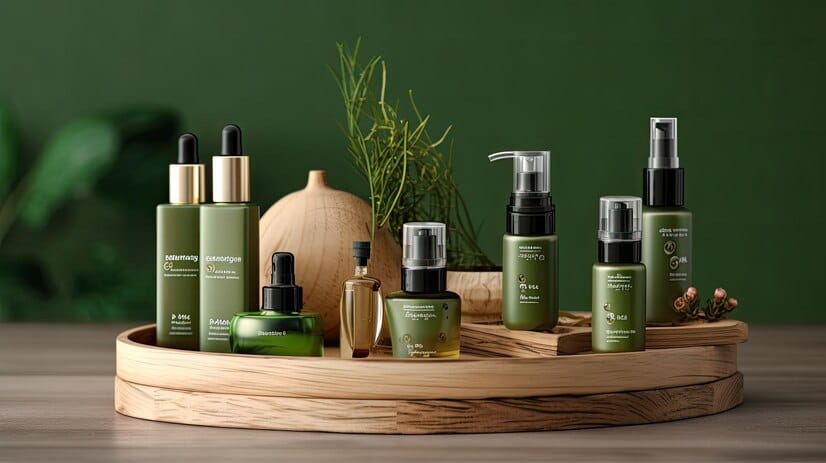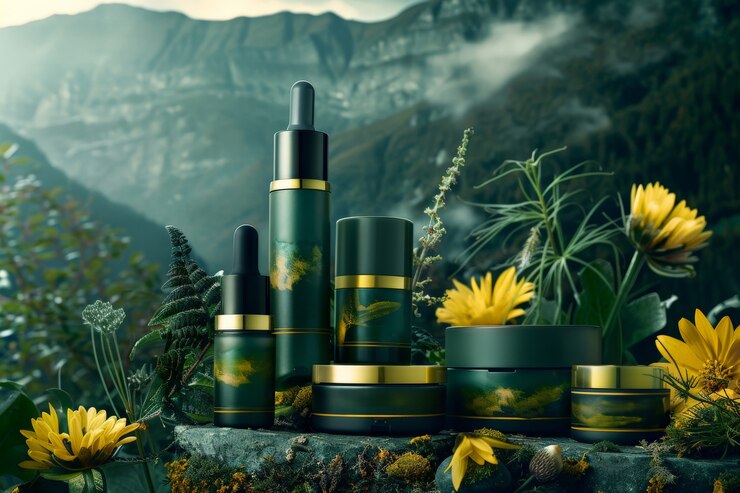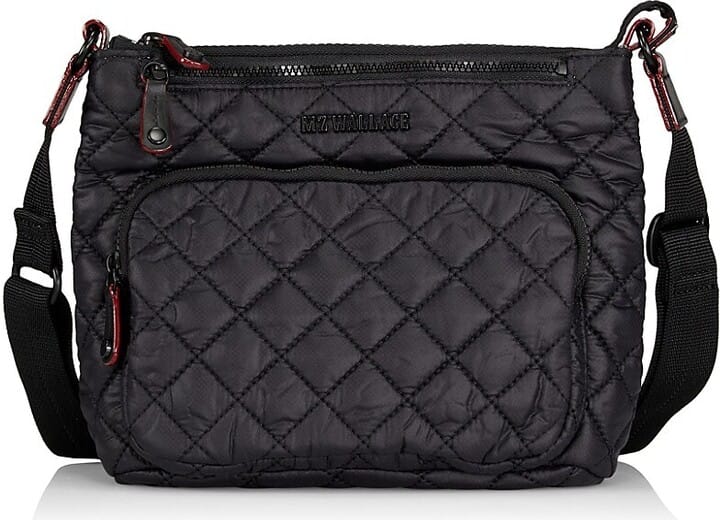Skincare is not just a routine, but the method through which one takes care of oneself to nourish and protect one’s largest organ: the skin. Amidst this ever-growing myriad of wonder-working skincare products, it’s challenging to navigate and find that which will actually work for my skin. But knowledge of the basics, knowing which ones, and adding them to the skincare routine makes all the difference between healthy, glowing skin.
Taking care of our skin is important not for its sake only but for our overall health. Skincare assists to combat a host of problems; from fighting acne to preventing premature aging, good skincare can help deal. In this article, we will be discussing the products and practices that are necessary to bring good-looking, healthy skin.
Understanding Skin Types

Before diving into the plethora of skincare products available, it’s crucial to understand our skin type. Skin can be categorized into various types, including normal, dry, controlling excess oil on your skin, combination, and sensitive. Identifying our skin type allows us to choose products that cater to its specific needs, ensuring optimal results.
Essential Products for Basic Skincare
A. Cleanser
Every skin care routine needs a gentle cleanser as its foundation. This will clean away dirt, oil, and impurities from your face so that it will now be ready for the next step. Choose one for your skin typewhat may be hydrating because the type of skin you have flakes off very dry or oil-controlling because your skin tends to be very oily.
B. Toner
Toners balance the pH of the skin, close pores post-cleanse, and add another deep layer of moisture, sometimes containing acids targeted specifically for acne and the like.
C. Moisturizer
Moisturizing is helpful regardless of your skin type, as it keeps the skin supplied with much-needed hydration and supple texture. A moisturizer should be chosen according to skin type, but something that is moisture-rich enough hydrates without being overly greasy or causing clogged pores.
Targeted Products for Specific Concerns
A. Acne
This will be best for the acne-prone patient as it introduces salicylic acid or benzoyl peroxide that helps plug pores and prevent breakouts.
B. Aging
Anti-aging products carry the idea of retinol, vitamin C, and peptides to boost the production of collagen and present a smooth texture so the appearance of wrinkles and lines is less visible.
C. Dry skin
Dry skin should be treated to rich, hydrating products that include hyaluronic acid, glycerin, and ceramides, which will replenish moisture and improve the strength of the skin barrier.
D. Oily skin
For oily skin, you can begin with using lightweight, oil-free products that would help control excess oil production without stripping it from its natural moisture.
Natural vs. synthetic products

When choosing skincare products, it’s essential to weigh the pros and cons of natural and synthetic options. This product also eliminates blackheads. While natural products may appeal to those seeking simplicity and minimal processing, synthetic products often undergo rigorous testing and formulation to ensure efficacy and safety.
Daily Skincare Routine
Maintaining a daily skincare routine keeps your skin healthy. And for that very reason, most people wash their face twice, in the morning and at night, with moisturizer. Additional tips from using right products: hydration; drink lots of water to hydrate from within.
Harsh Products to be Avoided: Get off products that have alcohol, fragrances, and other irritants that might ruin your skin’s barrier integrity.
Regularity Exfoliation: Turn exfoliation as part of one’s daily regimen, scrape off the dead cells found on the skin’s surface, and see smoother, brighter, and radiant skin.
Importance of sun protection
Every individual should not miss the sun protection part of the skincare routine. Sunscreen is applied daily, rain or shine, to prevent damage and give less chance of skin cancer.
Addressing common skincare myths

The higher the SPF, the better.
Actually, though the importance of having a sunscreen with high enough SPF is great, higher SPF does not denote a better protection level. In fact, while SPF 30 blocks around 97% of UVB rays, SPF 50 blocks around 98%. The trick here is applying the right amount of sunscreen to the body and the regular reapplication.
Sunscreen is needed only on sunny days.
Real UV rays go through clouds, so sunblock is one thing that must be applied during cloudy days as well. Up to 80 percent penetration through the clouds means increased chances of getting sunburned and causing damage to your skin.
All natural products are safe.
Needless to say, people love the usage of natural skincare products to a great extent; paradoxically, these might also cause allergic reactions or irritation. Regardless of their source, ingredients need to be researched and new products patch-tested.
The Most Personalized Skincare Routine
Every human’s skin is unique, so ought the products. Gears and a routine must be chosen that would meet every person’s age, skin, or concerns at hand.
Budget-friendly Options
Skincare does not have to break the bank. You can find hundreds of budget options that still deliver great results. Try these. Find drugstore brands, or get cracking on some DIY using natural ingredients.
Consistency is key.
The thing, however, is consistency in the skincare routines. You cannot just apply the products to your skin at random moments when you feel like it. This way you will not gain significant results because of such non-strict adherence to a routine, which can’t say what effects the product would have on the skin. Just be patient and let the skin get used to new products.
Conclusion
Good skin care is an investment in general health. Knowing which type of skin one has, which product to choose, and what routine to establish will be the best way to achieve that healthy glow all throughout life. Skincare is not a one-size-fits-all thing; it is not just testing but rather picking what works for you.







